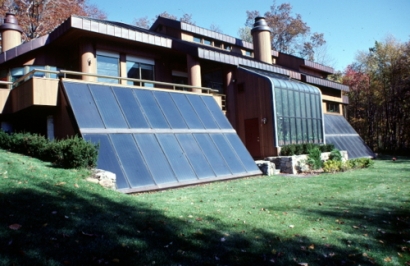
Last week, the state House of Representatives voted 64-33 to eliminate a cap that industry advocates said threatened thousands of solar jobs and the new businesses that created them.
Under the rules of the legislature, the bill then required a second vote -- largely expected to be pro forma -- that would send the bill on to the state Senate.
But that's when things got interesting. Lawmakers aligned with the South Carolina's largest utilities raised a technical point, insisting that passing the bill one final time and sending it on to the Senate would require a two-thirds vote.
The House once again voted in favor of the legislation -- 61-44 -- but that was short of the necessary two-thirds and the bill died.
According to "The State" newspaper, State Rep. James Smith, the bill's chief sponsor, blamed Republican Gov. Henry McMaster for the outcome. Smith, a Democratic candidate for governor, said the Republican urged some lawmakers not to vote for the bill.
McMaster claimed that simply is not true.
A 2014 bill passed by the state legislature went a long way toward fostering the solar power industry in South Carolina, but it imposed a two percent limit on the sector's growth.
The bill killed in the state House on Tuesday would have removed the cap.
Proponents of the bill said that without it, the state's emerging rooftop solar industry would shrink and likely die, and that solar panels would become more expensive for consumers who want them.
After Tuesday's vote, a spokesman for Duke Energy, one of the utilities that opposed the bill, said it favors common-sense legislation "that is fair and ... balances the interests of all who call South Carolina home."
"Our customers have always had the right to go solar if they choose, and that will continue," the spokesman said.
SCE&G, the other utility that opposed removing the cap, has not commented on the vote.

